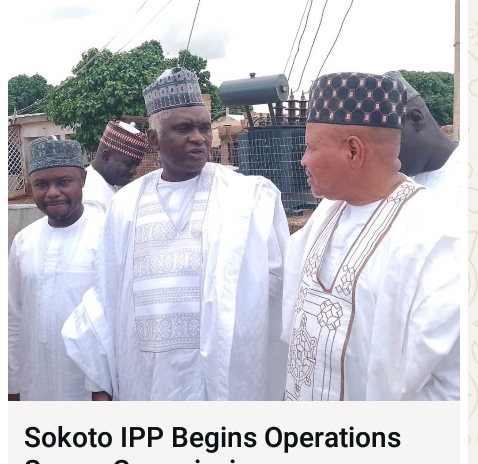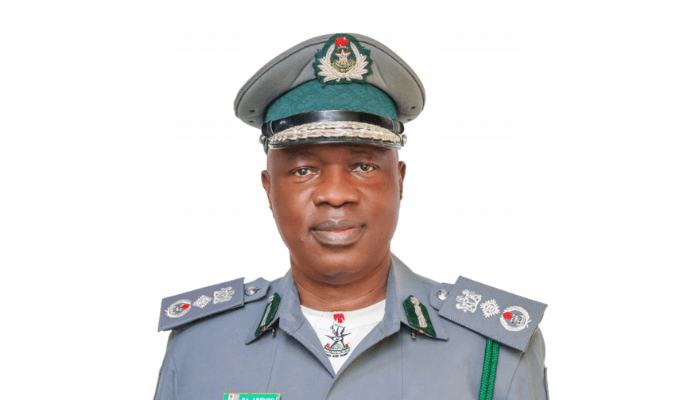By Annabell Adamate
Nigeria’s 2027 general elections are approaching, but the country’s path to stability and prosperity is fraught with challenges. Violent conflict, state fragility, and deep socioeconomic grievances continue to plague the nation. According to reports, Nigeria is one of the most conflict-prone countries in the world, with thousands of people killed in violent conflicts every year.
Nigeria’s persistent conflict and violence cannot be fully understood without examining the deep-rooted political and economic structures that sustain them. At the heart of Nigeria’s fragile stability is a rentier state system, heavily dependent on oil revenues. This has created a cycle where political elites compete not to govern, but to control and distribute state resources. The role of oil wealth in fueling conflict and violence is multifaceted. Oil revenues have created a system of patronage, where politicians and officials use oil money to buy support and maintain power. This has led to widespread corruption, with oil revenues often being diverted for personal gain rather than being used for public benefit.
The impact of corruption and patronage on conflict and violence is significant. Corruption has undermined trust in government and institutions, fueling resentment and anger among citizens. It has also created a culture of impunity, where those in power feel they can act with little accountability. This has contributed to the rise of violent groups, who often target government institutions and symbols of authority.
Inequality and exclusion are major drivers of conflict and violence in Nigeria. The country’s oil-rich regions, particularly the Niger Delta, have been ravaged by environmental degradation, poverty, and militancy. Despite the wealth generated from oil, local communities remain impoverished, lacking access to clean water, healthcare, and basic infrastructure. Poverty is a major driver of conflict, with millions of Nigerians living below the poverty line and feeling alienated from national development. In the rural North, a generation of youth has grown up feeling abandoned by the state, where weak institutions, limited access to education, and chronic underinvestment have created fertile ground for unrest. Boko Haram has capitalized on this despair, recruiting jobless and disillusioned youth with promises of identity, ideology, and income. The resulting cycle of violence further entrenches poverty, erodes trust in government, and undermines national cohesion. According to recent reports, over 63% of Nigerians live below the poverty line, with youth unemployment rates exceeding 40%. This socioeconomic crisis fuels frustration and desperation, making young people vulnerable to extremist ideologies. The lack of economic opportunities and basic services has led to widespread disillusionment, exacerbating the cycle of violence.
The consequences of conflict and violence in Nigeria are severe. Thousands of people have been killed, and millions more have been displaced. The economy has also suffered greatly, with oil production and other economic activities disrupted by conflict. The humanitarian situation is dire, with many people in need of food, shelter, and medical care.
To address the conflict, Nigeria needs to adopt a multifaceted approach. This includes revisiting the federal structure and revenue-sharing formula to empower regions to generate and retain more of their wealth. Economic diversification and sustainable development are critical to reducing conflict and violence. By promoting agriculture, manufacturing, and other sectors, Nigeria can reduce its dependence on oil and create new opportunities for its citizens.
Additionally, addressing insecurity and human rights abuses, supporting community-led reconciliation platforms, and promoting inclusive development and peacebuilding are crucial steps towards reducing conflict and violence. The government must also prioritize transparency and accountability, ensuring that oil revenues are used for the benefit of all Nigerians, rather than just a select few.
The 2027 general election is a critical test of whether Nigeria can steer itself away from a cycle of predatory politics and structural violence. The next administration must confront the roots of conflict and prioritize inclusive development, peacebuilding, and dialogue. With courage, inclusive leadership, and bold reforms, a more just, stable, and prosperous Nigeria is within reach.
Nigeria’s future is uncertain, but one thing is clear: the country cannot continue on its current path. The status quo is unsustainable, and meaningful change is needed to address the root causes of conflict and violence. By adopting a multifaceted approach that addresses the political, economic, and social drivers of conflict, Nigeria can create a more just and stable society for all its citizens.
The international community also has a role to play in supporting Nigeria’s efforts to address conflict and violence. Ultimately, the future of Nigeria is in the hands of its citizens. Nigerians must demand accountability from their leaders and push for meaningful reforms that address the root causes of conflict and violence. By working together, Nigerians can create a brighter future for themselves and their country.
A student of the National Open University of Nigeria (NOUN), currently undergoing internship at the Institute for Peace and Conflict Resolution (IPCR).
email adamateannabell@gmail.com.





